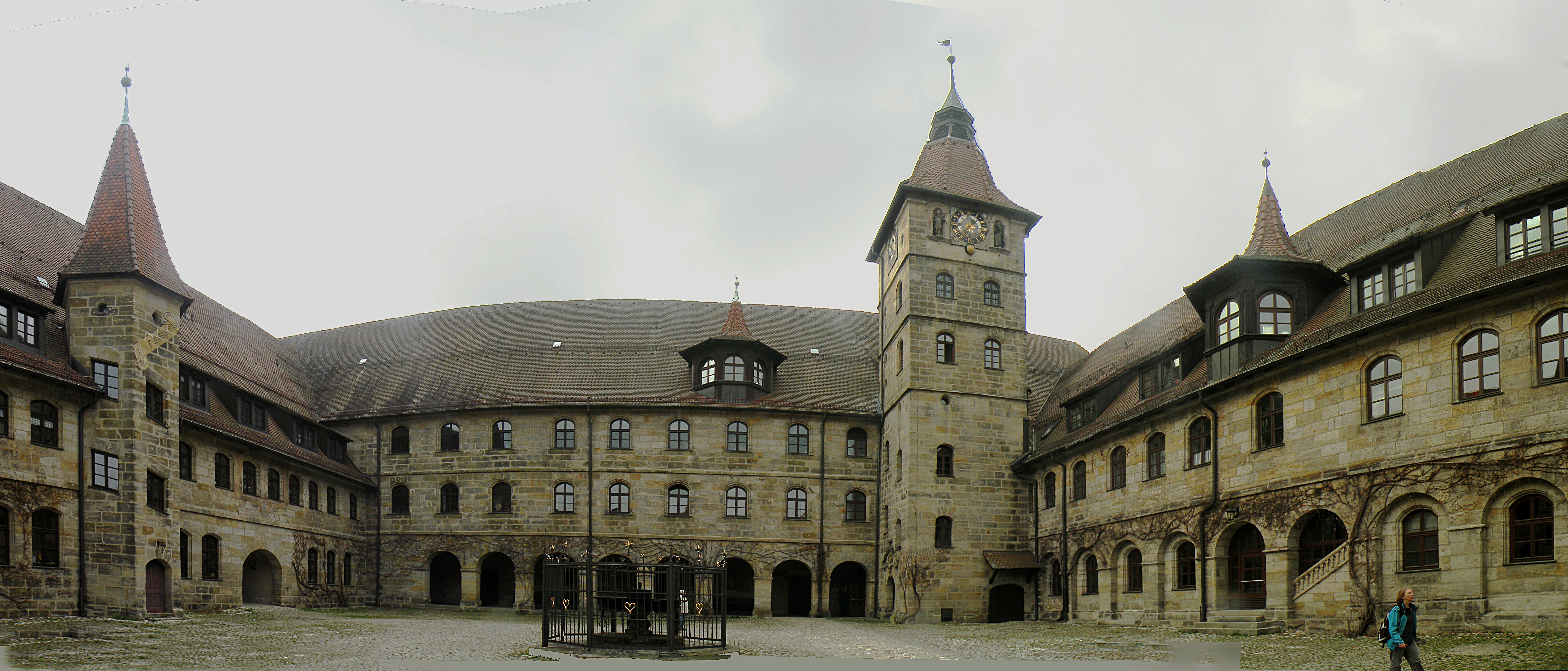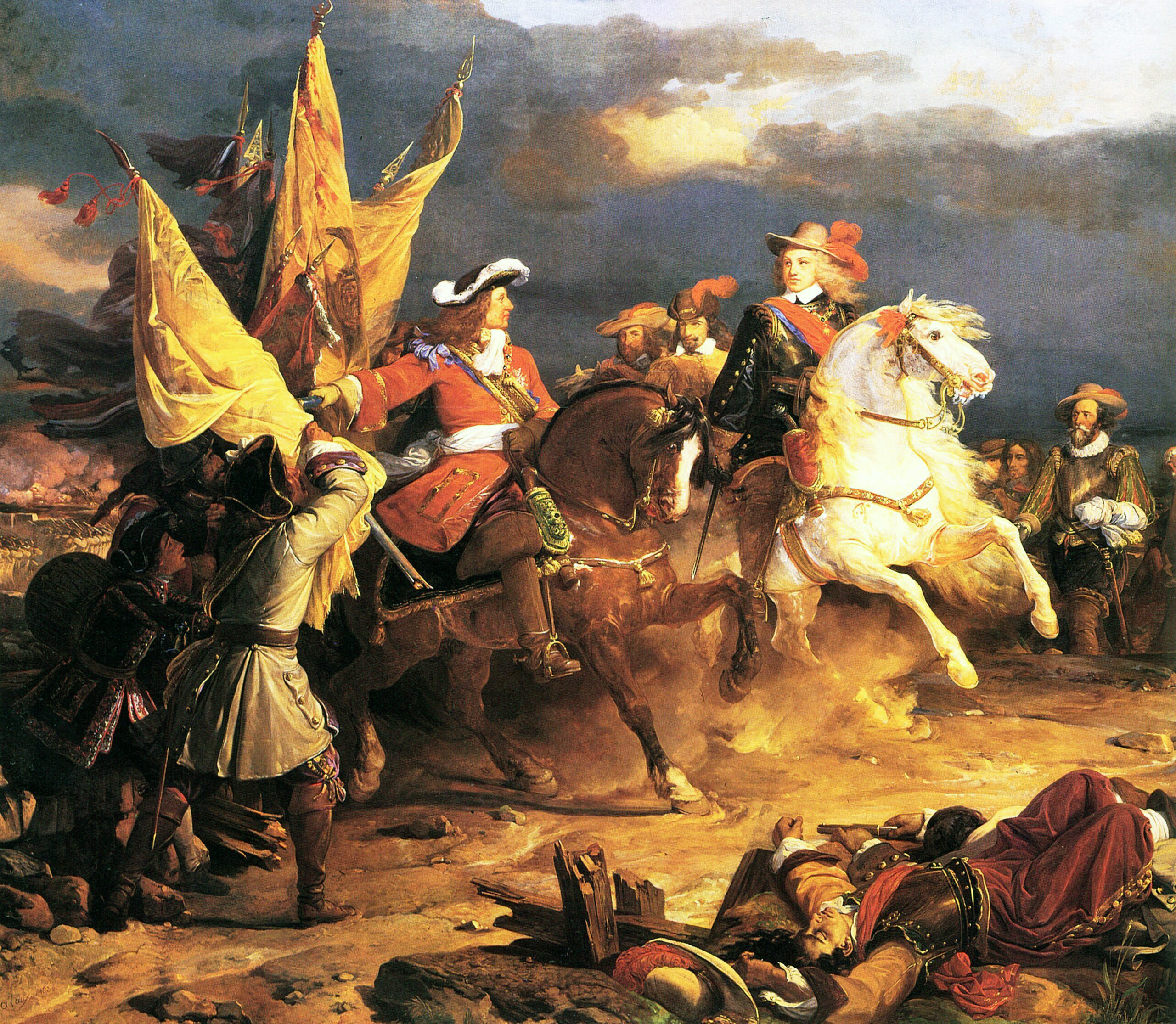|
Johann Sigismund Mörl
Johann Sigismund Mörl (3 March 1710 – 22 February 1791) was a German theologian. Son of Gustav Philipp Mörl, he was born in Nuremberg on 3 March 1710 and was educated in his native place until ready for the university at Altdorf, where he studied theology after 1727. In 1735 he was appointed dean of a church at Nuremberg. He preached until 1759, when he was appointed minister and inspector of the " Egidianum." In 1765 he was elected in this gymnasium to the professorship of Greek. Towards the close of 1770 he was called to the position of minister of St. Lawrence's church. In 1773 he accepted the position of first minister at St. Sebald's church, the superintendency of the consistory of Nuremberg, the office of city librarian, and also a professorship of positive divinity and moral philosophy. He died on 22 February 1791. Besides several contributions to the ''Hachische Allgeneine Welthistorie'' and the ''Antideistische Bibel'' (Erlangen, 1768), to which he contributed a new ... [...More Info...] [...Related Items...] OR: [Wikipedia] [Google] [Baidu] |
Gustav Philipp Mörl
Gustav Philipp Mörl or Gustav Philipp Morl; Gustavus Philippus Moerl (26 December 1673 – 7 May 1750) was a German theologian, was born in Nuremberg 26 December 1673 and was educated first in the schools of his native place and then at the university in Altdorf, where he studied philosophy and philology from 1690 to 1692, when he was removed to Jena to study theology and the ancient languages. He traveled through Holland, and visited its most important universities. After his return home he was appointed assistant of the philosophic faculty at Halle, and in 1698 became professor and ecclesiastical inspector at Altdorf. He resigned this position in 1703, and was appointed dean of St. Sebald's church at Nuremberg. In 1706 he was appointed minister of the St. Aegidien church, and inspector of the gymnasium; in 1714 minister at St. Lawrence, in connection with which he had the supervision of the ecclesiastical seminary. In 1724 he was appointed minister of the church of St. Sebald, ... [...More Info...] [...Related Items...] OR: [Wikipedia] [Google] [Baidu] |
Nuremberg
Nuremberg (, ; ; in the local East Franconian dialect: ''Nämberch'' ) is the Franconia#Towns and cities, largest city in Franconia, the List of cities in Bavaria by population, second-largest city in the States of Germany, German state of Bavaria, and its 544,414 (2023) inhabitants make it the List of cities in Germany by population, 14th-largest city in Germany. Nuremberg sits on the Pegnitz (river), Pegnitz, which carries the name Regnitz from its confluence with the Rednitz in Fürth onwards (), and on the Rhine–Main–Danube Canal, that connects the North Sea to the Black Sea. Lying in the Bavarian Regierungsbezirk, administrative region of Middle Franconia, it is the largest city and unofficial capital of the entire cultural region of Franconia. The city is surrounded on three sides by the , a large forest, and in the north lies (''garlic land''), an extensive vegetable growing area and cultural landscape. The city forms a continuous conurbation with the neighbouring ... [...More Info...] [...Related Items...] OR: [Wikipedia] [Google] [Baidu] |
University Of Altdorf
The University of Altdorf () was a university in Altdorf bei Nürnberg, a small town outside the Free Imperial City of Nuremberg. It was founded in 1578 and received university privileges in 1622 and was closed in 1809 by Maximilian I Joseph of Bavaria. History In the period 1614–1618, Altdorf was briefly the centre of Socinianism in Germany. Encouraged by the connections of German Antitrinitarians to the Racovian Academy in Poland, German and Polish Socinians attempted to establish in Altdorf a similar Academy. Among the notable Socinian students was the 26-year-old Samuel Przypkowski. He was admitted as student on March 22, 1614, three weeks after Thomas Seget, but was expelled from Altdorf in 1616''The Polish Review'', Volume 11, 1966, p. 33. "Crypto-Socinianism" was widely suspected among the student body. In January 1617 the syndicus Jacob Weigel brought two students Joachim Peuschel and Johann Vogel back to Altdorf and the college made them give a public recantation. Thi ... [...More Info...] [...Related Items...] OR: [Wikipedia] [Google] [Baidu] |
Solomon
Solomon (), also called Jedidiah, was the fourth monarch of the Kingdom of Israel (united monarchy), Kingdom of Israel and Judah, according to the Hebrew Bible. The successor of his father David, he is described as having been the penultimate ruler of all Twelve Tribes of Israel under an amalgamated History of ancient Israel and Judah, Israel and Judah. The hypothesized dates of Solomon's reign are from 970 to 931 BCE. According to the biblical narrative, after Solomon's death, his son and successor Rehoboam adopted harsh policies towards the northern Israelites, who then rejected the reign of the Davidic line, House of David and sought Jeroboam as their king. In the aftermath of Jeroboam's Revolt, the Israelites were split between the Kingdom of Israel (Samaria), Kingdom of Israel in the north (Samaria) and the Kingdom of Judah in the south (Judea); the Bible depicts Rehoboam and the rest of Solomon's Patrilineality#In the Bible, patrilineal descendants ruling over independent ... [...More Info...] [...Related Items...] OR: [Wikipedia] [Google] [Baidu] |
1710 Births
In the Swedish calendar it was a common year starting on Saturday, one day ahead of the Julian and ten days behind the Gregorian calendar. Events January–March * January 1 – In Kingdom of Prussia, Prussia, Cölln is merged with Alt-Berlin by Frederick I of Prussia, Frederick I to form Berlin. * January 4 – Robert Balfour, 5th Lord Balfour of Burleigh, two days before he is due to be executed for murder, escapes from the Old Tolbooth, Edinburgh, Edinburgh Tolbooth by exchanging clothes with his sister. * February 17 – Mauritius, a History of Mauritius#Dutch colonization (1638–1710), Dutch colony since 1638, is abandoned by the Dutch. * February 28 (Swedish calendar) February 27 (Julian). March 10 (Gregorian) – Battle of Helsingborg: Fourteen thousand Danish invaders, under Jørgen Rantzau, are decisively defeated by an equally large Swedish army, under Magnus Stenbock. * March 1 – The Sacheverell riots start in London with an atta ... [...More Info...] [...Related Items...] OR: [Wikipedia] [Google] [Baidu] |
1791 Deaths
Events January–March * January 1 – Austrian composer Joseph Haydn arrives in England, to perform a series of concerts. * January 2 – Northwest Indian War: Big Bottom Massacre – The war begins in the Ohio Country, with this massacre. * January 12 – Holy Roman troops reenter Liège, heralding the end of the Liège Revolution, and the restoration of its Prince-Bishops. * January 25 – The British Parliament passes the Constitutional Act 1791, splitting the old province of Quebec into Upper and Lower Canada. * February 8 – The Bank of the United States, based in Philadelphia, is incorporated by the federal government with a 20-year charter and started with $10,000,000 capital.''Harper's Encyclopaedia of United States History from 458 A. D. to 1909'', ed. by Benson John Lossing and, Woodrow Wilson (Harper & Brothers, 1910) p169 * February 21 – The United States opens diplomatic relations with Portugal. * March 2 – ... [...More Info...] [...Related Items...] OR: [Wikipedia] [Google] [Baidu] |
Clergy From Nuremberg
Clergy are formal leaders within established religions. Their roles and functions vary in different religious traditions, but usually involve presiding over specific rituals and teaching their religion's doctrines and practices. Some of the terms used for individual clergy are clergyman, clergywoman, clergyperson, churchman, cleric, ecclesiastic, and vicegerent while clerk in holy orders has a long history but is rarely used. In Christianity, the specific names and roles of the clergy vary by Christian denomination, denomination and there is a wide range of formal and informal clergy positions, including deacons, Elder (Christianity), elders, priests, bishops, Cardinal (Catholic Church), cardinals, preachers, pastors, presbyters, Minister (Christianity), ministers, and the pope. In Islam, a religious leader is often known formally or informally as an imam, caliph, qadi, mufti, sheikh, mullah, muezzin, and ulema. In the Judaism, Jewish tradition, a religious leader is often a r ... [...More Info...] [...Related Items...] OR: [Wikipedia] [Google] [Baidu] |





